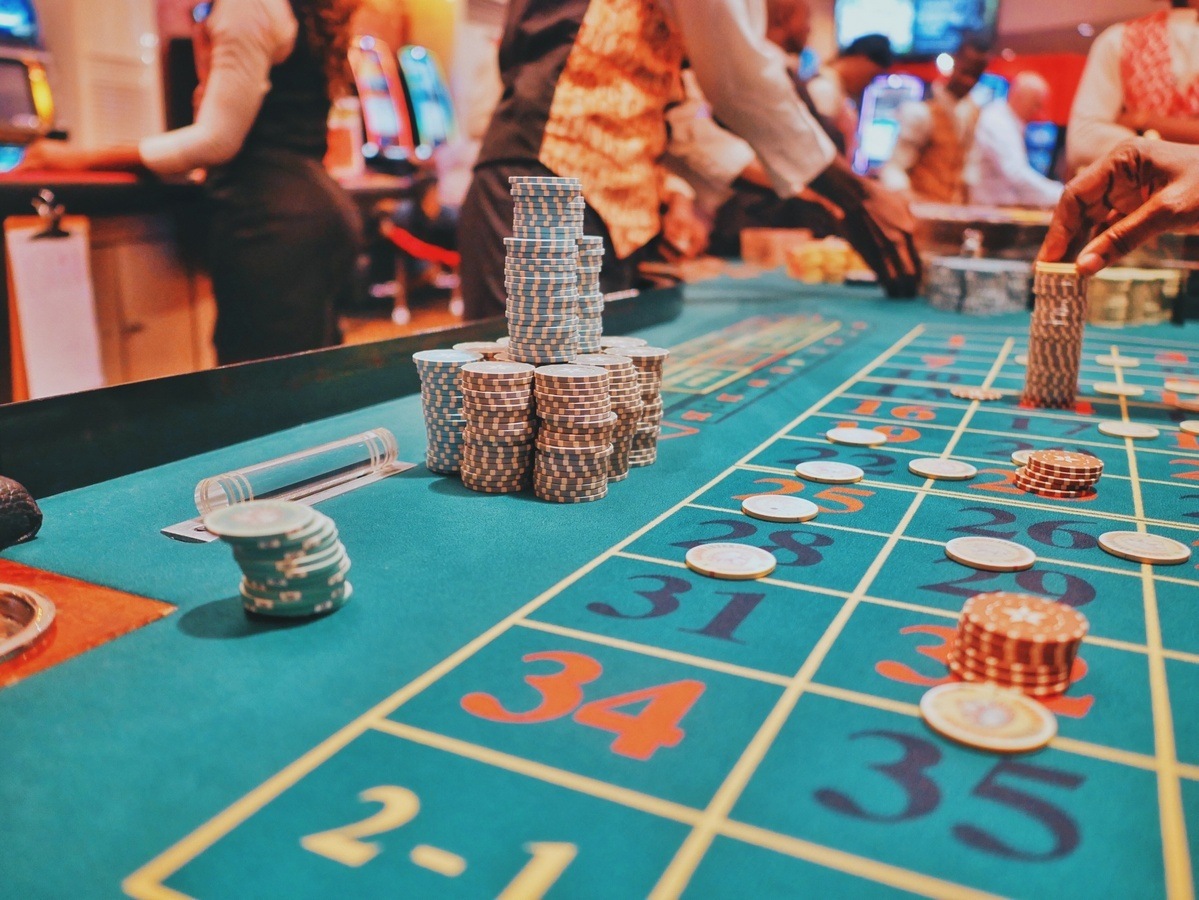Why is casino called casino
Why is casino called casino
Embark on an etymological journey to unravel the origins of the tantalizing term "casino." This exploration will delve into the roots of a word that encapsulates entertainment, excitement, and intrigue.
Let's start by heading to the sunny shores of the Italian Riviera. In the 14th century, "casino" was a diminutive of "casa," meaning "small house." These tiny structures served as summer retreats for wealthy nobles, offering respite from the bustling cities.
The Etymology of the Term "Casino"
The term "casino" originates from the Italian word "casino", which means "small house". The word was first used in the 16th century to refer to a summerhouse or a villa. It was not until the 19th century that the term came to be associated with gambling establishments.
In 1863, the Casino di Venezia was opened in Venice, Italy. This was the first casino in the modern sense of the word. The casino quickly became a popular tourist destination and helped to establish Venice as a gambling center.
The term "casino" has since spread throughout the world. Today, casinos can be found in many countries, including the United States, the United Kingdom, and Macau.
Tracing the Linguistic Roots
Uncover the origins of the term "casino":
The term "casino" has a rich linguistic history that dates back to the 14th century Italian word "casino." It originally referred to a small country house, a summerhouse, or a gathering place for social events.
In the 18th century, the word "casino" took on new meanings in Italian. It began to be used to refer to a public building where games of chance were played, such as card games, dice, and roulette.
The term "casino" was introduced to the English language in the late 18th century, where it has since become synonymous with gambling establishments.
Uncovering the Social and Cultural Context

To fully understand the origins of the term "casino," it's crucial to delve into the social and cultural milieu that shaped its evolution. In the 18th century, Italy, where gambling held a prominent place in society, private residences and clubs hosted social gatherings known as "casinos." These venues didn't exclusively focus on gambling but rather served as spaces for entertainment, socializing, and networking among the wealthy and elite.
As casinos gained popularity, their purpose shifted gradually towards gambling. By the 19th century, casinos had become synonymous with gambling establishments, offering card games, roulette, and other games of chance to patrons.
Contemporary Usage and Cultural Implications
Casinos have evolved into prevalent entertainment venues worldwide. They serve as social hubs, offering gaming, dining, and entertainment options under one roof. Casinos have also become popular tourist attractions, attracting visitors from far and wide. The term "casino" has come to represent excitement, glamour, and escapism. It evokes images of lavish interiors, flashing lights, and the thrill of gambling.